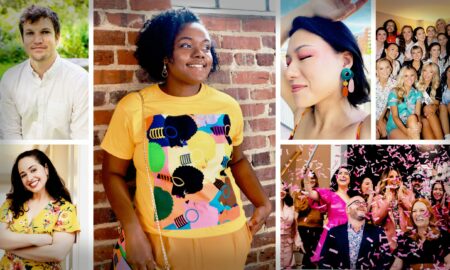

Today we’d like to introduce you to J. Dwayne Garnett.
Hi Dwayne, thanks for sharing your story with us. To start, maybe you can tell our readers some of your backstories.
Initially, we started with an intent to promote random acts of kindness. Within our first six months, we evolved into an organization that provides ‘love education’ as a means to promote unity and solidarity.
Alright, so let’s dig a little deeper into the story – has it been an easy path overall, and if not, what were the challenges you’ve had to overcome?
No, it hasn’t been exactly easy. If honest, we are living in an extremely skeptical society, when talking about love, many suspect an ulterior motive. In addition to breaking through those barriers, there was some resistance we faced associated with being a value-based, inclusion-centered organization.
Many times, we were challenged to prove that we are truly carrying out our mission.
We’ve been impressed with Love Is A Parable, but for folks who might not be as familiar, what can you share with them about what you do and what sets you apart from others?
We are Love Is A Parable, an education non-profit, dedicated to the vision of bringing people together, through Love. Our value-based approach is comprised of our reflective thinking technique and Sacred Box Theory Methodology.
For clarity, the sacred box has been an authentic core concept that has evolved over the years, with rising levels of consciousness about self-perceptions. Upon a deepened synthesis of the concept of “self,” the Self-Congruity Theory (Sirgy, 2018) was aligned as a contiguous theoretical mesh to broaden the sacred box. “Self-congruity theory defines the psychological process and outcome in which consumers compare their perception of a brand personality or brand-user image with their own actual, ideal, social and/or ideal social self-concepts” (ResearchGate ).
Our sacred box concept intersects with an adaptation of Sirgy’s theory to offer a deepened perspective of the concept of self as a basis of the things that we value as sacred, affecting more than our purchasing choices but the means by which we govern and view our lives and interconnections.
Are there any important lessons you’ve learned that you can share with us?
After being in business for several years, we quickly learned that the term “nonprofit” has a tendency to mean different things to many different people. Because of this, organizations like ours tend to encounter perceptual barriers that manifest into damaging stumbling blocks in the advancement of our organizational mission and vision.
Early on, we were bombarded with the age-old question of “why are you guys a nonprofit?” Some would even go as far as to state that there is no money in nonprofits while overlooking the successes of United Way, The YMCA, Goodwill, and several others. Having a nonprofit simply means that “no part of the organization’s net earnings can inure to the benefit of any private shareholder or individual.” However, nonprofits can and need financial resources to ensure their mission and vision are fulfilled.
As with many of our fellow nonprofits, we desire to impact positive change, more specifically, through love-focused and value-based education. Though content is readily available, many struggles with seeing past their perceptions of nonprofits to conceptualize the work and importance of Love Is A Parable. We have learned to stay committed anyway. We understand that we are needed, even when others fail to see the value.
Contact Info:
- Email: [email protected]
- Website: loveisaparable.com
- Instagram: https://www.instagram.com/loveisaparable/
- Facebook: https://www.facebook.com/loveisaparable/
- Twitter: https://twitter.com/LoveIsAParable
- Youtube: http://youtube.com/c/LoveIsAParable
- Other: https://www.tiktok.com/@loveisaparable
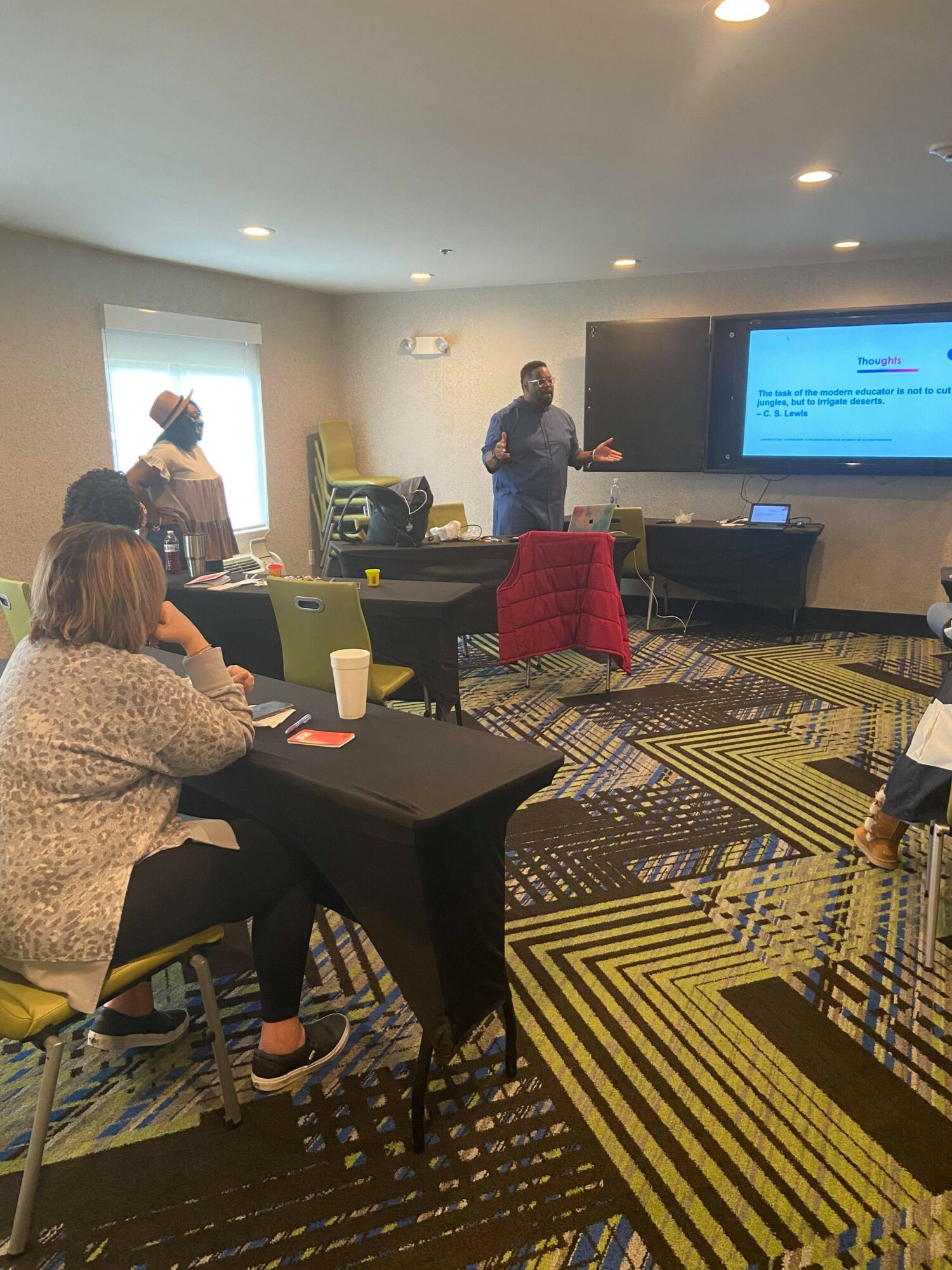
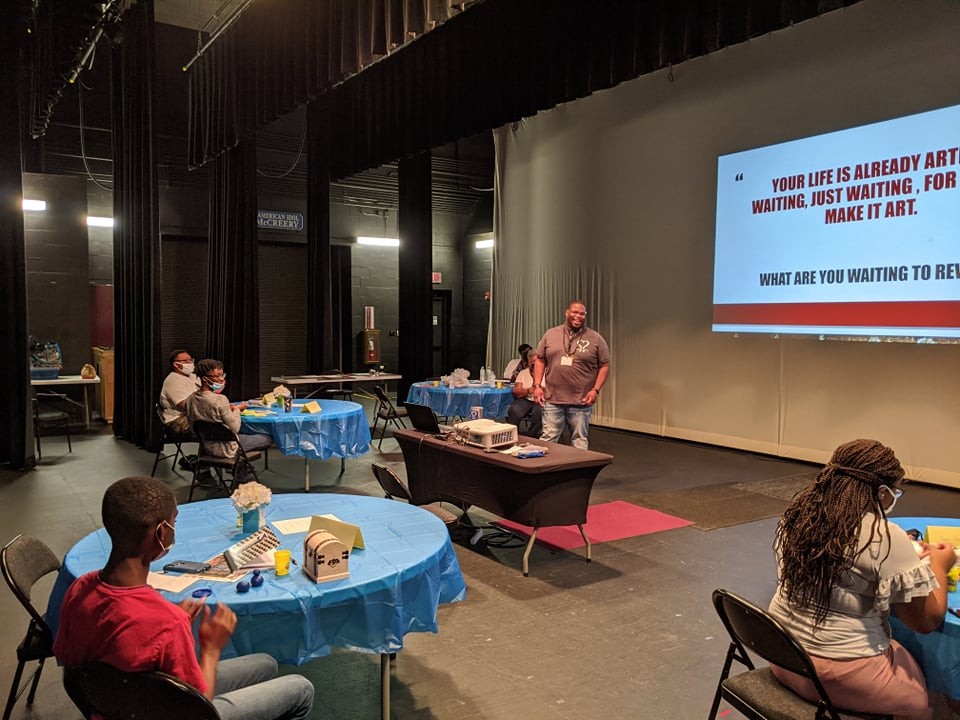
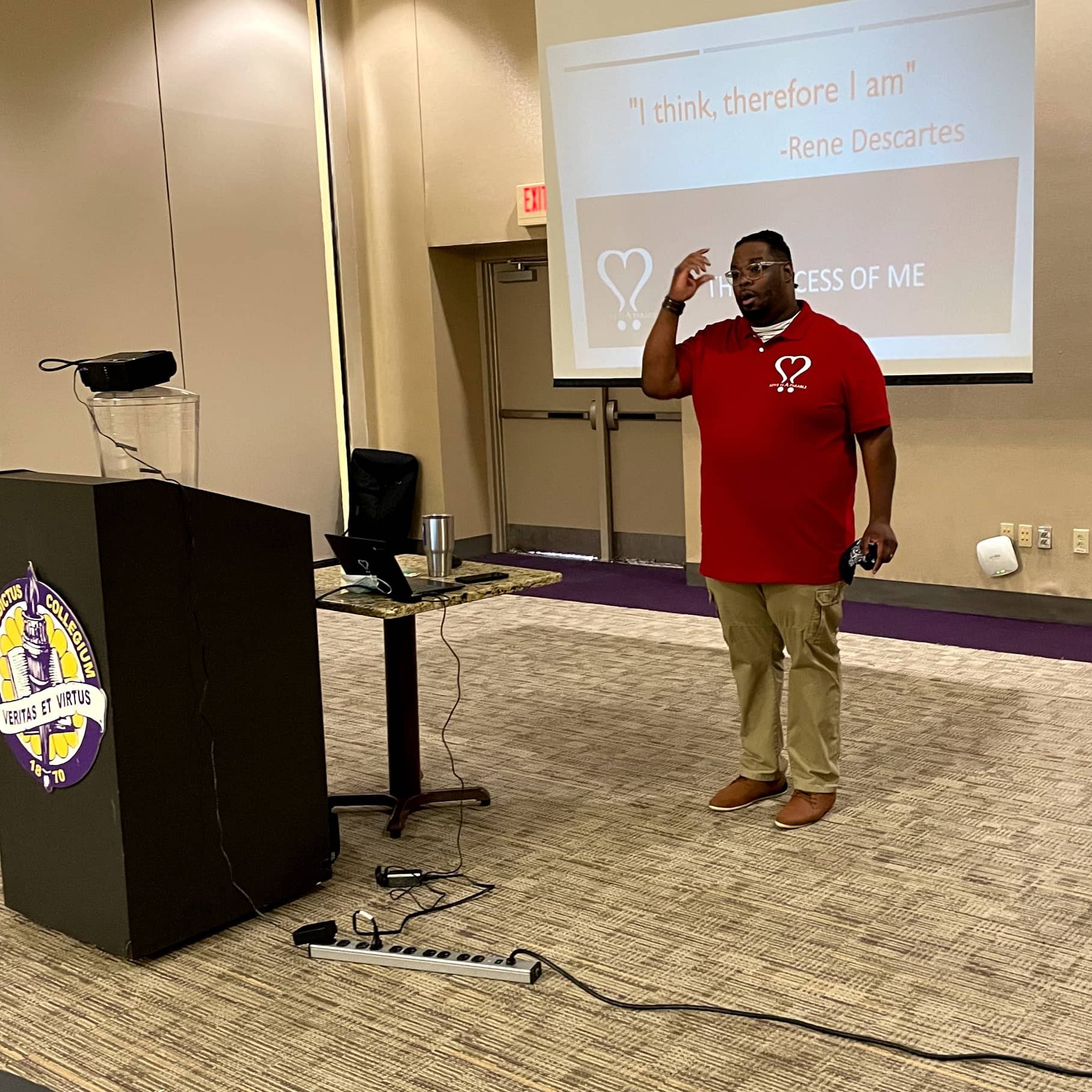
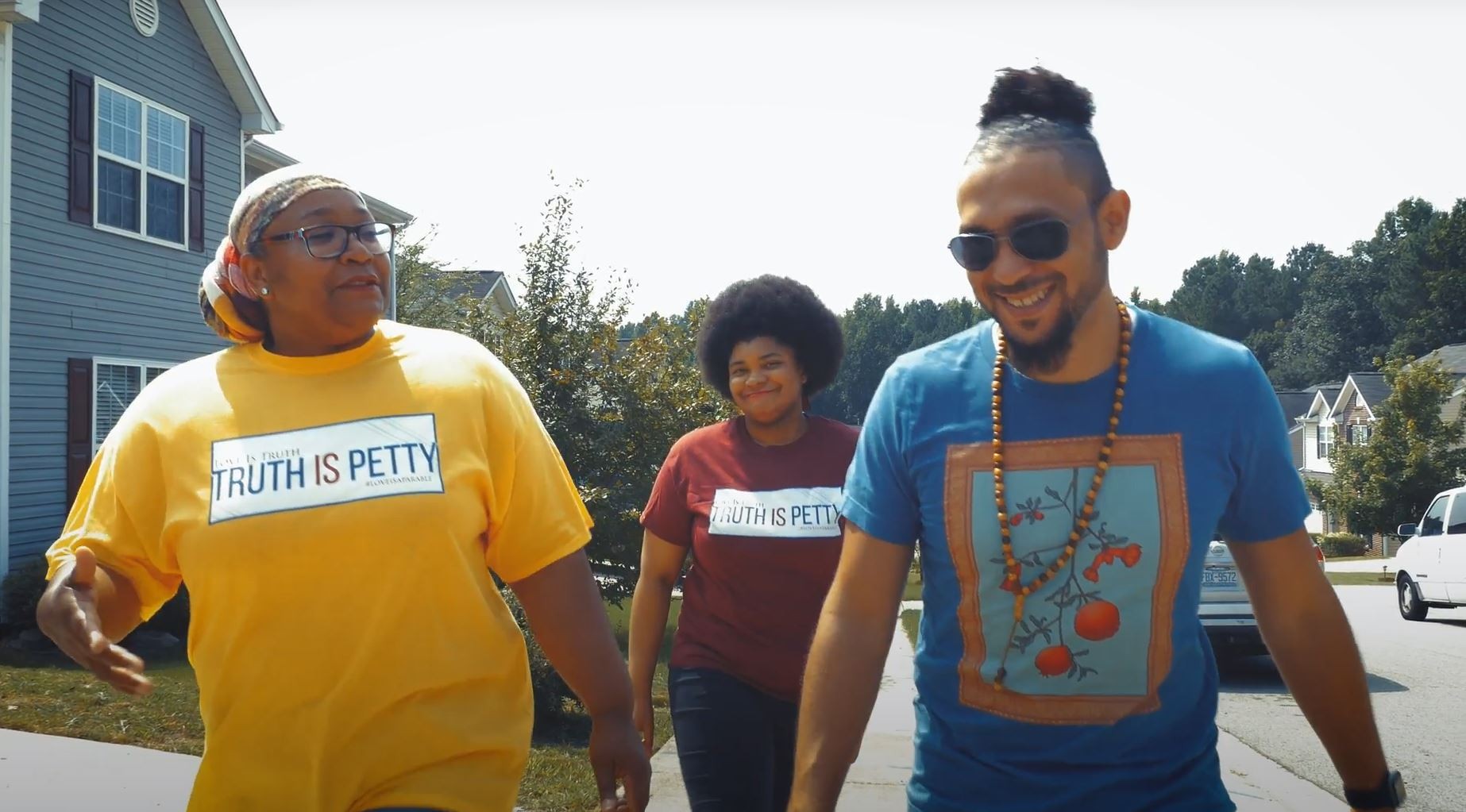
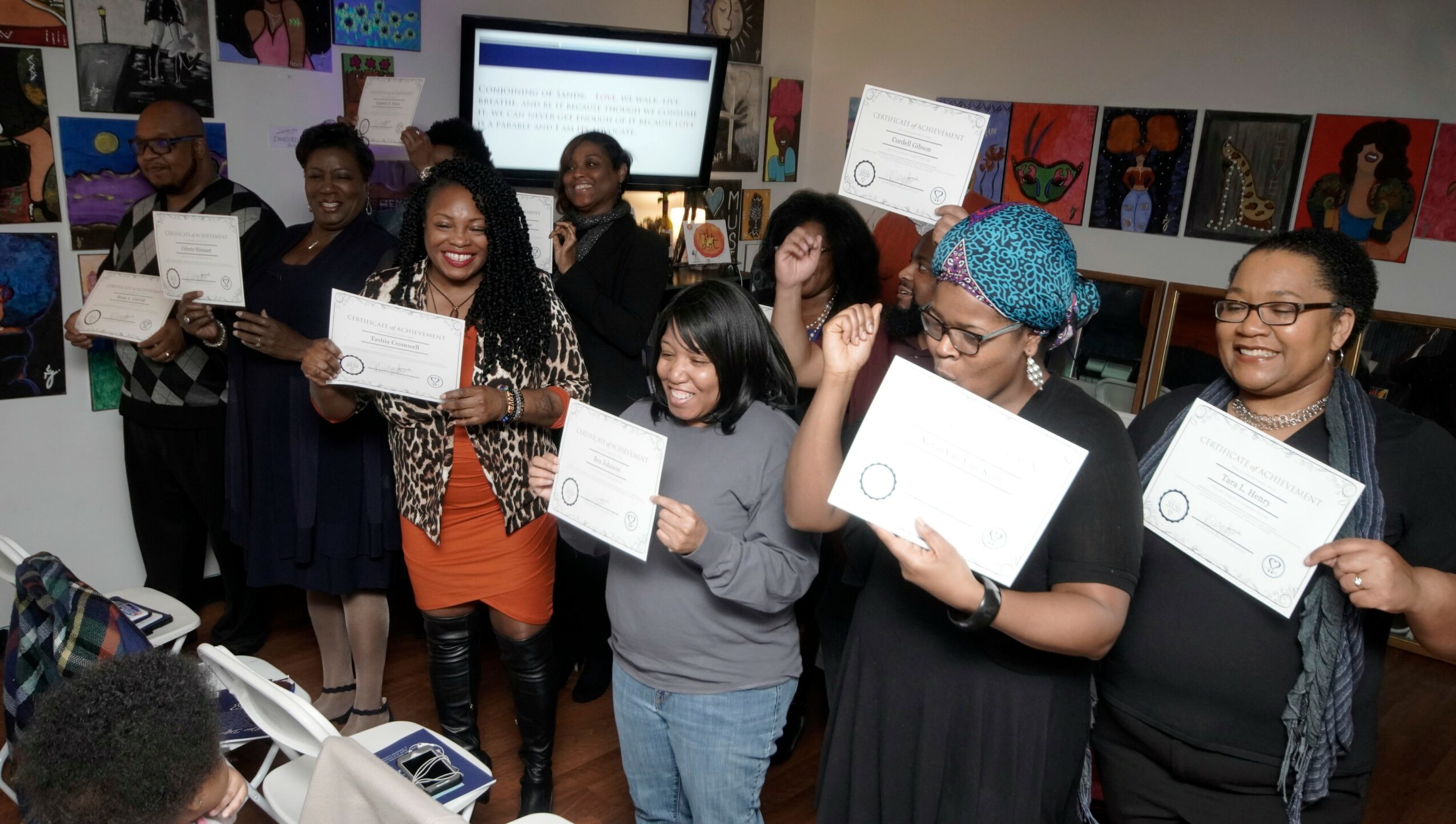
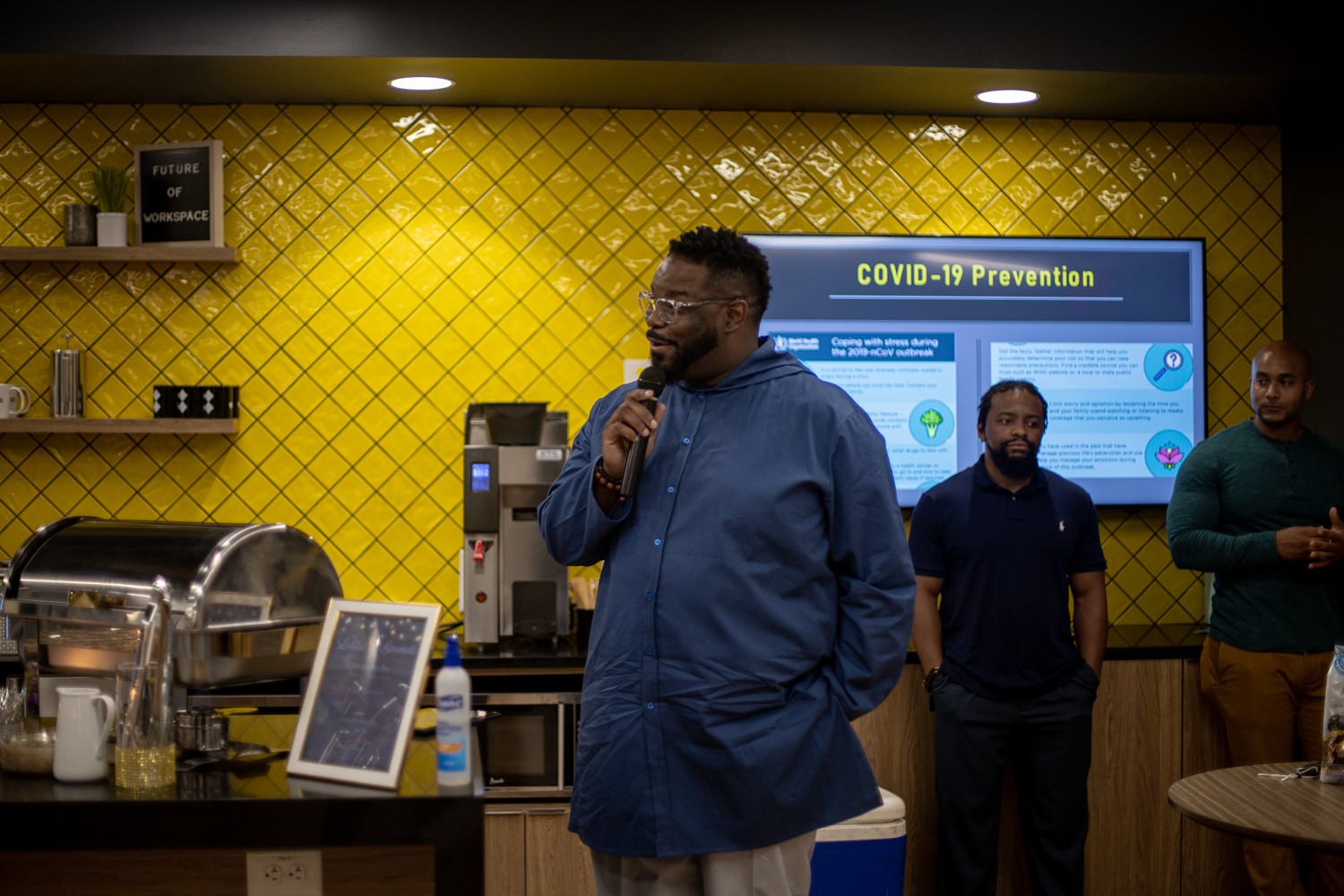 Image Credits
Image Credits
Mizghund Productions, CGee Enterprises, and Ang H. Studio

